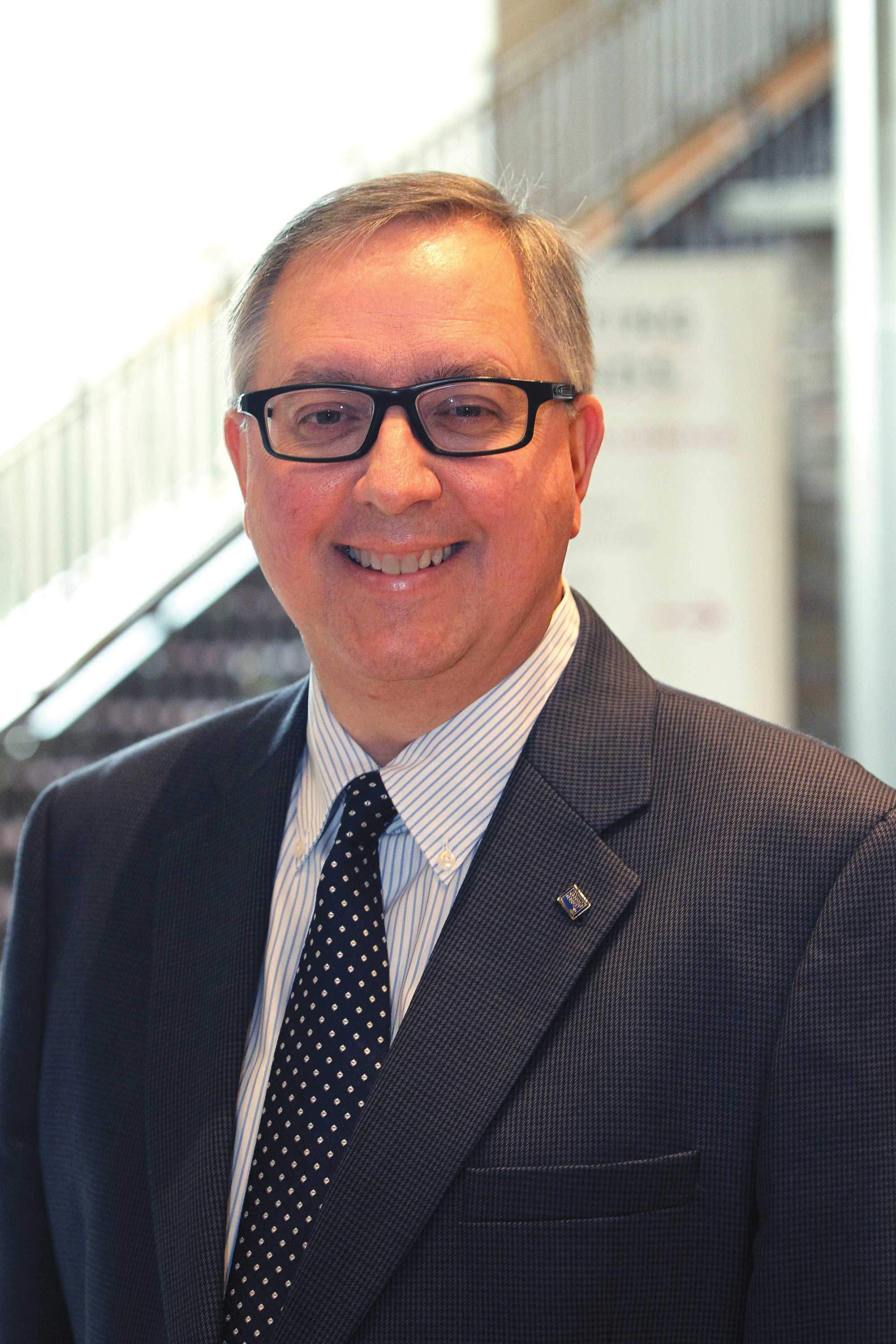ACA Summit: Small Cable a Big D.C. Player

The smarter way to stay on top of broadcasting and cable industry. Sign up below
You are now subscribed
Your newsletter sign-up was successful
Why This Matters: The ACA’s small-cable members will gather in D.C. this week to make their policy concerns heard.
American Cable Association president and CEO Matthew Polka’s members — small cable operators — have an outsized role on the front lines of one of the biggest issues of the day: rural broadband deployment. It has been the subject of hearings, with Polka himself recently testifying; of letters from Congress to the FCC; and of President Donald Trump’s promise of connected agriculture for his between-the coasts constituency.
The ACA this week (March 19-21) is hosting its annual ACA Summit in Washington, D.C., where some 350 small and midsized independent cable providers will gather at the Grand Hyatt Washington to talk shop and take their concerns in person to Capitol Hill and to FCC officials. On their collective mind: retransmission consent, C-band satellite spectrum management and more.
Polka said the ACA supports bipartisan legislation restoring bright-line net neutrality rules, a big priority, but only if those rules are applied to such edge providers as Netflix and Google as well as ISPs.
Polka paused in his pre-show adrenaline rush to talk with B&C about the key issues motivating his members.
B&C: Your members are in the vanguard of one of the hot issues of the day, rural broadband deployment. What help do you need from the FCC on that front?
Matthew Polka: The first thing I would say is that the FCC has already done the biggest thing for our members, which was to eliminate heavy-handed regulation under Title II, which has encouraged investment in deployment.
That single act by chairman Ajit Pai and the FCC in December 2017 has done more for our members’ ability to deploy broadband and seek and secure investment than anything I could ever ask for, which is why one of the things that we will be talking about with the Hill next Thursday is that the light-touch of regulation on ISPs [under Pai’s Restoring Internet Freedom order] has also worked for consumers, who are receiving greater service in smaller, rural, hard-to-reach areas than they have ever received before. So, ‘stay that course’ would be the first thing.
The smarter way to stay on top of broadcasting and cable industry. Sign up below
B&C: And about mapping, which is another hot-button issue?
MP: I do think that better mapping will be helpful in many, many ways. Mapping today is better than when we started this national broadband effort in 2009 because of form 477 [with broadband deployment data], as well as that the challenge process in the Connect America Fund to is more precise about where broadband is. But ultimately, we believe that if broadband is to be included in an infrastructure package, mapping of wired broadband is essential.
The third thing is regarding funding, whether it is the FCC’s Connect America Fund or [USDA’s] Rural Utility Service programs, we need to continue the helpful trend of laws and regulations that target funds where broadband isn’t, including the most recent definition that funds will be targeted where 90% of an area doesn’t get at least 10 Mbps downstream, 1 Mbps upstream service. That is an unserved area that should receive priority-targeted funds.
B&C: Have your members all but abandoned traditional video, and do you see them cutting that cord entirely soon?
MP: That’s a really interesting question and a shifting paradigm right now. I don’t see our members themselves simply saying, ‘We’re not in the video business any longer.’ Even companies that have been very forthright about it, like Cable One, which will be Sparklight soon, ‘de-emphasize’ video but are still more than happy to provide it to consumers who want it. I think it just shows the shift in consumer behavior.
B&C: Is that why Washington should start regulating the edge, since that is where the video will be coming from?
MP: That’s exactly right. We have always feared that simply because of size. We have fought consolidation on the content side for many years and have seen the ills that have happened when content companies come together and get bigger and own the programming or become vertically integrated.
B&C: So, are you in the Sen. Elizabeth Warren ‘break up Big Tech’ camp?
MP: It is not necessarily a dodge to say this, but I had [Public Knowledge president] Gene Kimmelman on a podcast recently where he said that breaking up the big companies might be more trouble than it was worth. He cited Ma Bell and an effort that took years to break up, only to eventually result in reconsolidation. So, I am not necessarily convinced a breakup is the best route simply because of the time it would take and the complexity. This is why I think sensible net neutrality/open internet legislation that protects consumers and applies reasonably to ISPs and edge providers is the preferred method.
Contributing editor John Eggerton has been an editor and/or writer on media regulation, legislation and policy for over four decades, including covering the FCC, FTC, Congress, the major media trade associations, and the federal courts. In addition to Multichannel News and Broadcasting + Cable, his work has appeared in Radio World, TV Technology, TV Fax, This Week in Consumer Electronics, Variety and the Encyclopedia Britannica.

